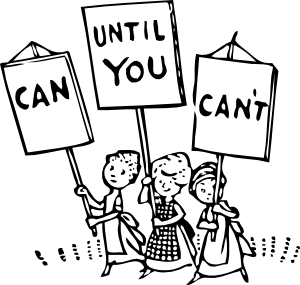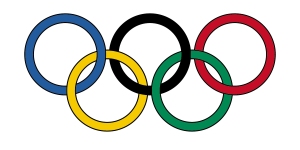
But now, it's time say goodbye, and wish you had good luck.





 To create your final project for your English class, you should know how to do a Power Point presentation.
To create your final project for your English class, you should know how to do a Power Point presentation.
Positive
|
Negative
|
Question
|
|
no
differences
|
I
had spoken.
|
I
had not spoken.
|
Had
I spoken?
|
Exceptions in Spelling when Adding ed
|
Example
|
after
final e, only add d
|
love
– loved
|
final
consonant after a short, stressed vowel
or l as final consonant after a vowel is doubled |
admit
– admitted
travel – travelled |
final y after a consonant becomes i
|
hurry
– hurried
|
Affirmative
|
Negative
|
Come here
|
Don't
cross the street
|
Go there
|
Don't say that
|
Open the
door
|
Don't be
late
|
Turn on
the TV
|
Don't fight
|
Sit down
|
Don’t go
|
Affirmative
|
Negative
|
Let's work!
|
Let’s not work!
|
Let's make a party!
|
Let's not make
a party!
|
Let's go!
|
Let's not go!
|
Let's play!
|
Let's not play!
|
Let's go home!
|
Let's not go home!
|

Affirmative
|
|||
|
must
|
go
come
work
live
speak
|
|
Negative
|
|||
|
must not
mustn't
|
go
come
work
live
speak
|
|
Interrogative
|
|||
Must
|
|
go?
come?
work?
live?
speak?
|
|
Affirmative answers
|
Negative answers
|
||||||
Yes,
|
I
you
he
she
it
we
you
they
|
must.
|
No,
|
I
you
he
she
it
we
you
they
|
mustn't.
|
||


|
subject
|
auxiliary verb
|
main verb
|
|
|
|
+
|
I
|
can
|
read
|
a book.
|
|
-
|
He
|
can't /cannot
|
read
|
a book.
|
|
?
|
Can
|
you
|
read
|
a book?
|






